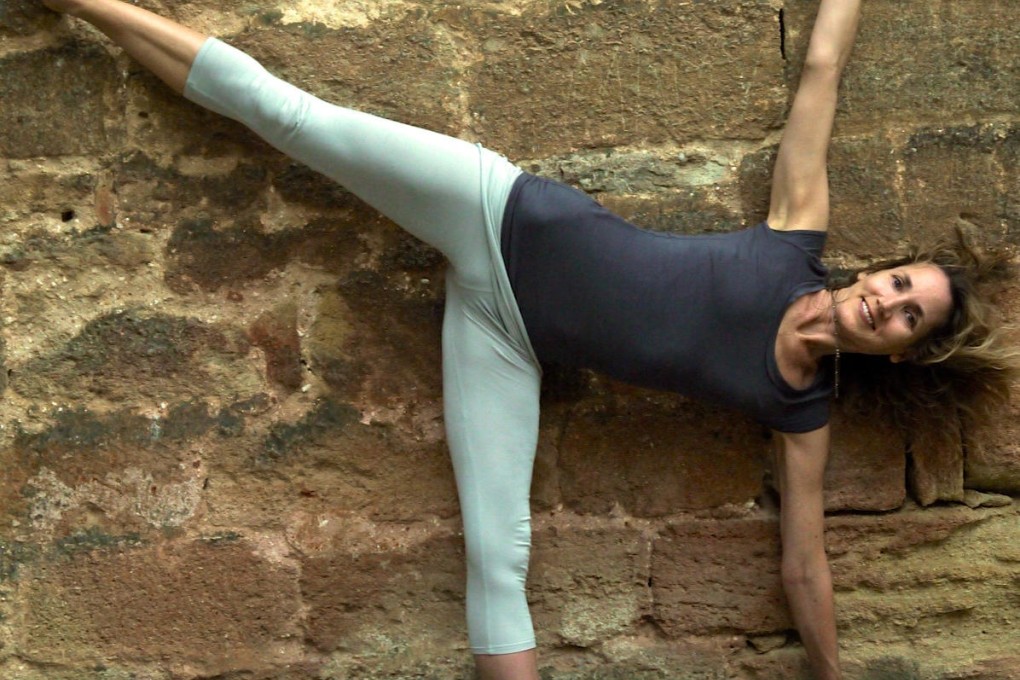Fit & Fab: Sarah Powers
Living a more mindful life could be key to finding inner peace, says visiting teacher

Sarah Powers has been curious about living a meaningful life since a young age. If the free spirit wasn't playing beach volleyball in southern California, she was questioning her New Age mother on everything.
But it wasn't until she discovered yoga that she began to find a way to blend her love for the physical with the spiritual.
That was 27 years ago. Today Powers, 50, is a yoga visionary who has created the unique style known as "Insight Yoga" (as described in a book of the same name, published in 2008).
Powers was in Hong Kong recently to share her journey with eager yogis at Pure Yoga in Tsim Sha Tsui.
Combining Eastern and Western philosophies with Buddhism mindfulness studies and yoga practice, Insight Yoga reflects Powers' almost three decades of exploration of the physical, mental and spiritual.
Powers believes living a more "mindful" life could help alleviate many of the stresses plaguing Hongkongers.